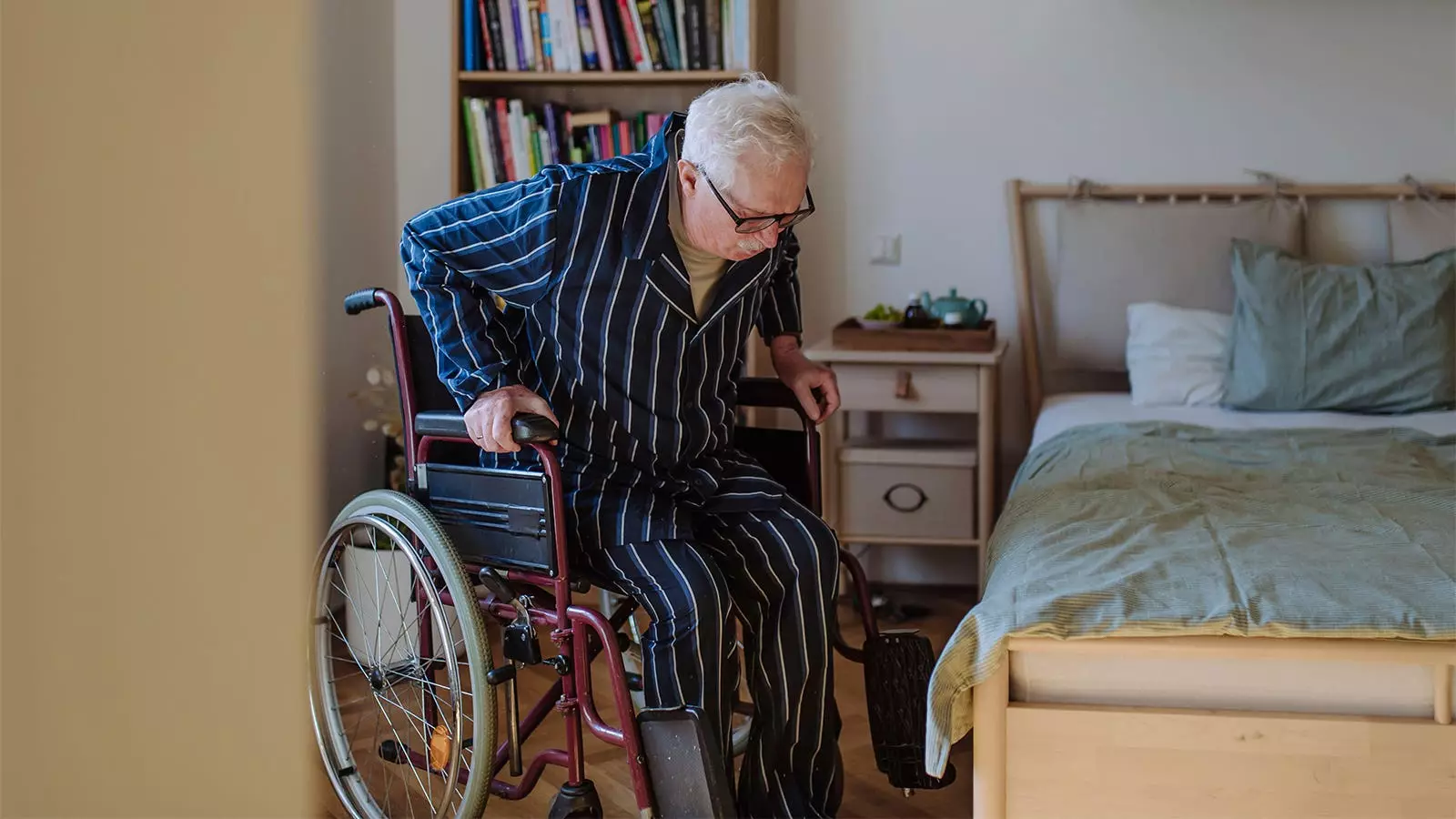In today’s society, where bad news seems to dominate the media landscape, important trends often get overshadowed by the constant influx of negative content. One such trend is the increasing incidence of abuse and neglect towards dependent individuals, such as children, the elderly, or those with disabilities. Neglecting the care of a dependent person can result in serious legal implications, as it constitutes a criminal offense known as “negligent care of a dependent person.”
The concept of negligent care of a dependent person is legally defined in state statutes, such as Pennsylvania’s 18 Pa. C.S. § 2713, which criminalizes the neglect of a “care-dependent person” by a caretaker. A “care-dependent person” is described as an adult who, due to physical or cognitive disabilities, requires assistance with basic needs like food, shelter, clothing, personal care, or healthcare. A “caretaker” can be anyone with a legal responsibility to provide care, including family members, healthcare providers, nursing home employees, or designated caregivers.
In 2018, Pennsylvania expanded its laws on negligent care through Act 53, broadening the scope of offenses to include actions that endanger the well-being of dependent individuals. Other states have similar laws to address neglect of dependent persons, showcasing the importance of accountability and supervision in caregiving.
Instances of neglect, like those of nurses Christann Gainey and Heather Pressdee, who faced charges related to neglect and abuse of dependent individuals, highlight the need for proper training and oversight in caregiver roles. Although high-profile cases garner attention, many incidents of neglect go unreported in the news cycle.
One of the main challenges in addressing cases of negligent care is the power imbalance between victims and perpetrators. Victims who are unable to communicate effectively, such as those with dementia, face difficulties in seeking help and legal recourse. This imbalance underscores the need for a recommitment to protecting vulnerable individuals and ensuring their dignity, respect, and proper care.
The conversation surrounding negligent care of dependent persons urges us to move beyond the distractions of daily news cycles and focus on critical issues that demand attention. It is a reminder for healthcare professionals, lawmakers, caregivers, families, and society as a whole to prioritize the well-being of the most vulnerable members of our communities. By upholding the standards of care and protection for dependent individuals, we can create a society that values and supports all its members, regardless of their dependency status.
Understanding and addressing negligent care of dependent persons is not just a legal obligation but a moral imperative. It requires a collective effort to ensure that individuals in need of care receive the respect, attention, and support they deserve. By shining a light on this important issue and taking proactive measures to address it, we can create a more compassionate and caring society for all.


Leave a Reply